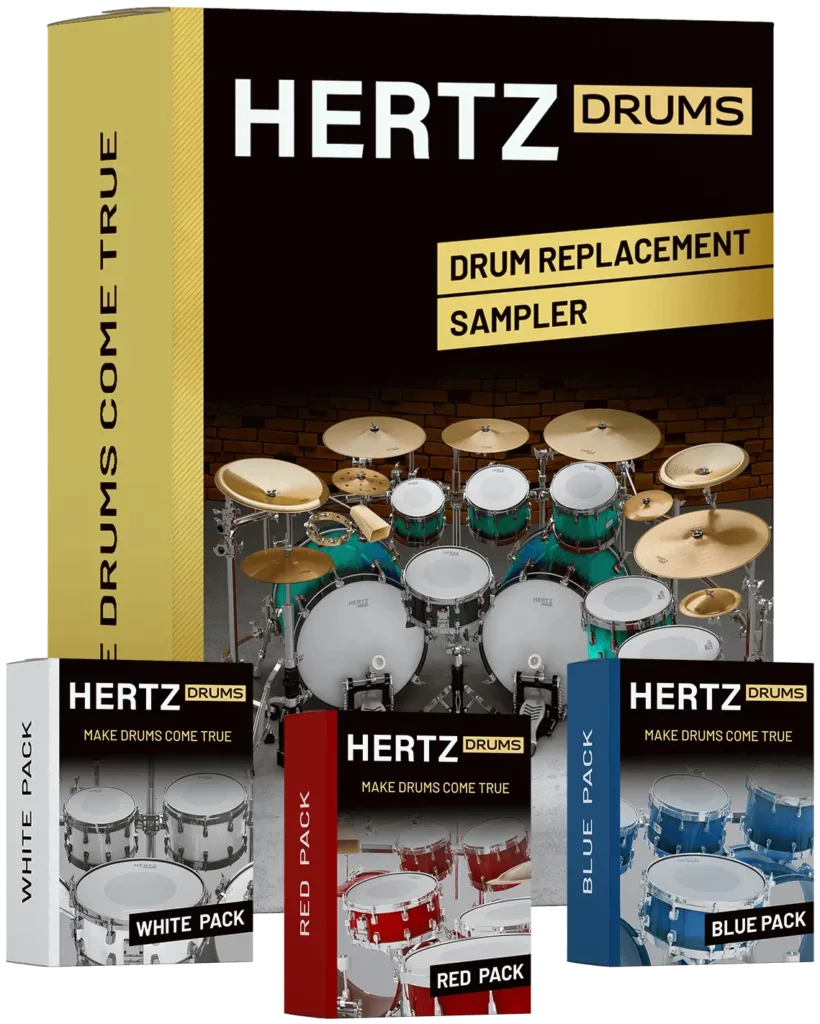When it comes to metal music production, few things are as crucial as a tight rhythm section. Virtual drums have become a game-changer for countless producers, offering precision, flexibility, and endless creative possibilities. But how do you master them in a way that brings your tracks to life? To find out, we turned to SHERVAN – a talented guitarist-producer with a knack for crafting heavy, hard-hitting tracks that inspire his 35,000 Instagram followers.
In this exclusive interview, SHERVAN shares his journey, insights, and tips for using virtual drums in metal production. Whether you’re an aspiring producer or a seasoned musician looking to refine your workflow, this conversation is packed with actionable advice. Let’s kick things off by getting to know the man behind the music!
Hi there! I’m Shervin, but most people know me as Shervan on social media platforms like Instagram. I’m a passionate music producer, guitarist, and sound enthusiast. My work revolves around creating, refining, and perfecting music—whether it’s through mixing, mastering, or producing tracks that resonate with emotions.
What I love most is the creative freedom this career gives me—it’s like painting with sound. Every day is an opportunity to dive into new ideas, experiment, and help artists realize their musical visions.
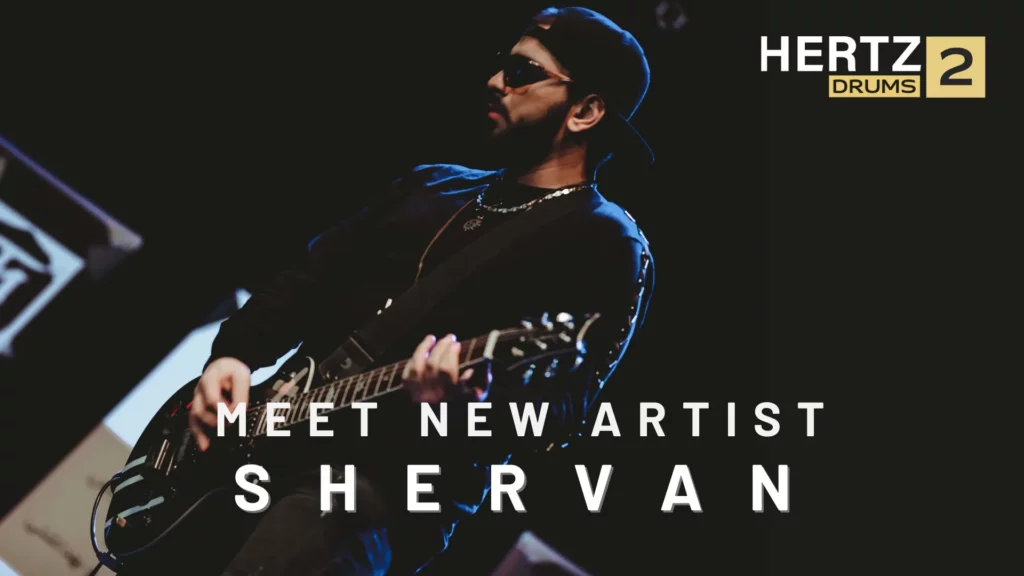
Music has been a huge part of my life since I was a child. I’ll never forget the day my uncle showed me Metallica’s Moscow concert—I must have been around five years old. That performance sparked something in me, and by my teenage years, I was completely hooked on bands like Megadeth. Their energy, skill, and creativity inspired me so much that I had their posters all over my room!
Over time, my musical tastes expanded. I discovered amazing bands like Trivium, Avenged Sevenfold, and Bullet For My Valentine, each of which taught me something new about songwriting and performance. Lately, I’ve been really diving into the world of Deftones, but if I had to pick a lifelong favorite, it’s Periphery. Their music feels like home to me, and Adam Nolly Getgood was the reason I started my journey into mixing.
As for favorite songs, it’s nearly impossible to choose because I’m constantly finding new tracks that inspire me. Music is an endless treasure chest, and I love exploring it!
Inspiration comes from so many places, but for me, it’s the idea of creating something unique and personal. Music is my way of expressing emotions and sharing stories. Knowing that my work can resonate with others and make them feel something keeps me motivated.
Also, the endless possibilities of sound design are so exciting! Every project is a new journey where I can experiment and push boundaries.

My process is pretty organic and often starts unexpectedly. For example, even when I’m gaming, I might pick up my guitar and start improvising. Usually, I’ll begin with a rhythm that I already hear in my head, then layer melodies over it.
Once I’ve nailed down the core idea, I’ll record it and build the rest of the track around that foundation. It’s a mix of structure and spontaneity, which keeps things exciting.
My primary instrument is the guitar, and it’s truly an extension of who I am. Depending on the style I’m working on, I like experimenting with different string gauges. My go-to brand is Ernie Ball because of their rich tone and versatility.
When it comes to tunings, I don’t limit myself. I love switching things up—whether it’s standard tuning, drop tunings, or even custom setups. Each tuning opens a new door to creativity and fresh ideas.

I use the Audient Evo 4 audio interface, and honestly, it’s one of the best decisions I’ve made. It’s compact, portable, and delivers fantastic sound quality. Whether I’m recording at home or working in a different location, it never lets me down.
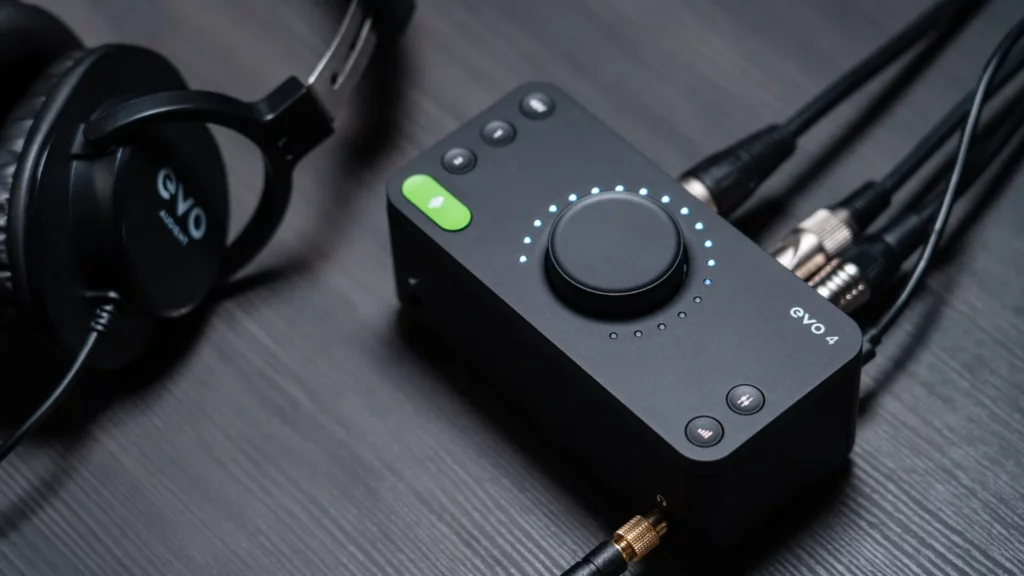
I’m a proud Reaper user! This DAW has been my go-to for years, and it continues to impress me with its reliability and flexibility. It’s lightweight, customizable, and perfect for both beginners and professionals. I genuinely couldn’t imagine working with anything else—it’s that good!
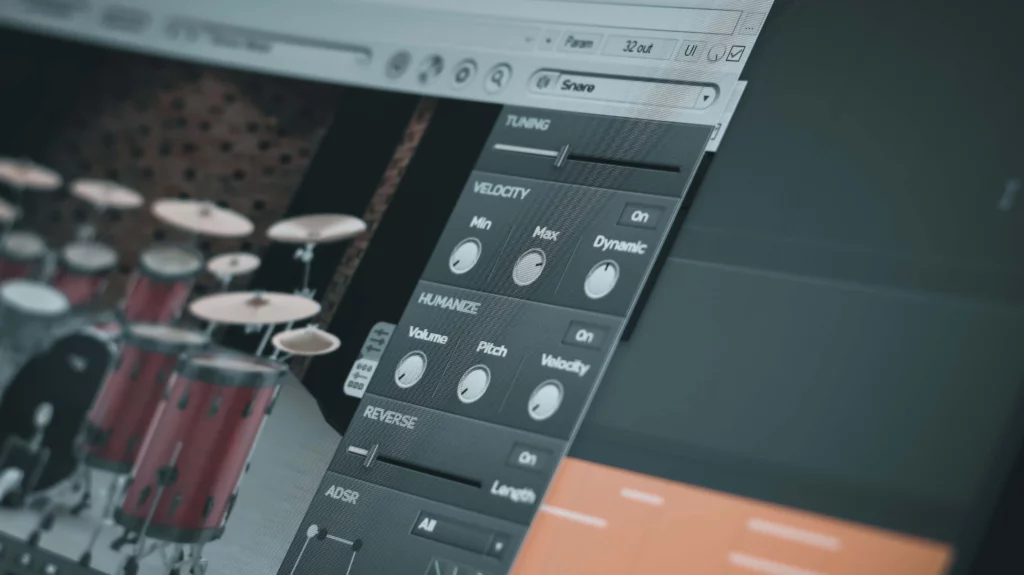
Yes, I use them all the time! The MIDI grooves in Hertz Drums are incredibly versatile and save so much time during production. Honestly, I find all of them useful because they fit so many different styles and moods.
I don’t use the sampler often because the built-in sounds in Hertz Drums are already so good. They’re detailed, natural, and fit seamlessly into my mixes, so I rarely feel the need to add external samples.
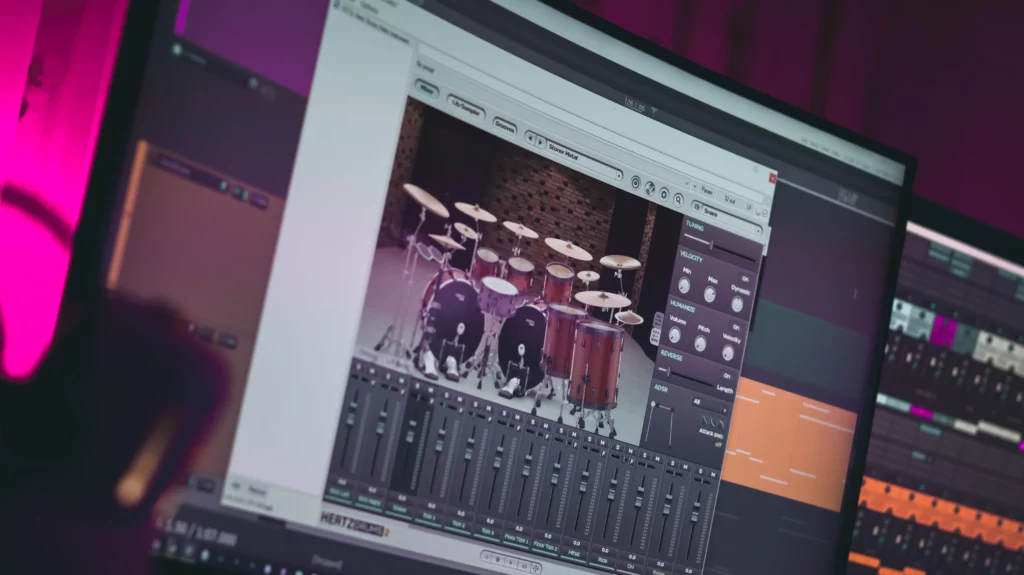
There’s so much to love about Hertz Drums! First and foremost, the user interface is intuitive and makes the workflow so smooth. I also appreciate the snare sound, which is phenomenal, and the ability to tweak the tuning of individual drum elements directly in the plugin.
The MIDI grooves and three-microphone system are amazing too—they give me the flexibility to create exactly the sound I want. Overall, it’s an incredible tool for any producer.
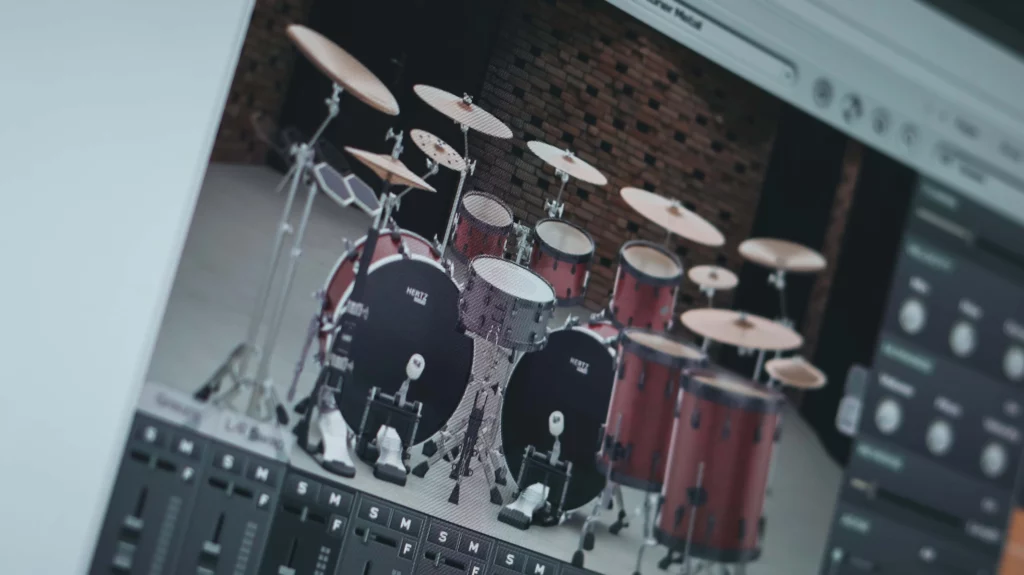
I’m currently obsessed with theHertz Drums Expansion Red Pack and Stoner Metal presets. They deliver such powerful and rich drum tones that instantly elevate my tracks.
It depends on the genre and vibe of the song, but I usually lean toward the snare and kick from the Stoner Metal preset. They have a punchy yet warm quality that works beautifully in most of my productions.
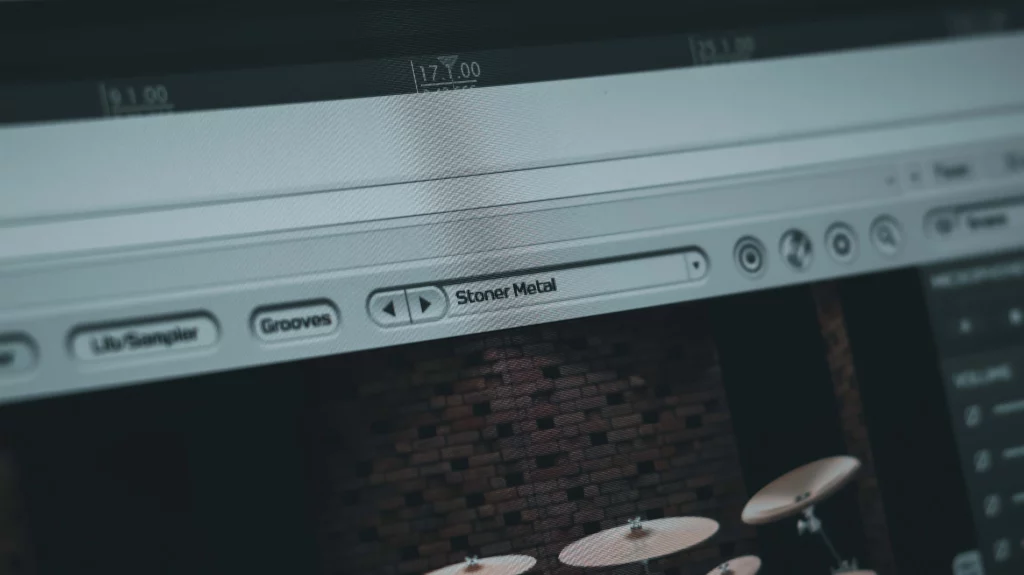
My advice is to explore everything this plugin has to offer. Don’t be afraid to experiment with the tuning options, reverb settings, and mic placements—it’s amazing how much these small tweaks can transform your drum sound.
Also, try using the snare tuning feature—it’s one of my favorites! It can completely change the vibe of your track.
I’d give Hertz Drums a solid 10 out of 10—the sound quality, flexibility, and ease of use make it an essential part of my workflow. It’s helped me create some of my favorite productions, even for quick demos without any additional mixing.
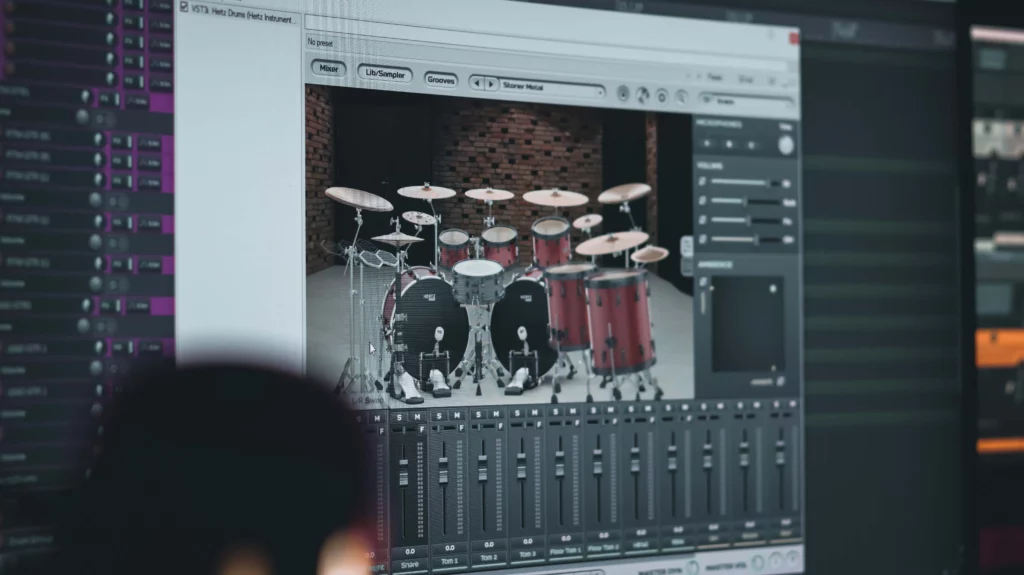
I usually prefer to work with the built-in IRs in plugins like Neural DSP. I find it exciting to push myself creatively by working within the tools provided. For virtual drums, though, I’ve become a massive fan of Hertz Drums. Its built-in sounds and versatility are game-changers for my productions.
I’m absolutely in love with Neural DSP plugins. They’re a staple in my production workflow because they combine precision, realism, and creativity. Whether I’m crafting heavy, distorted tones or clean, atmospheric textures, Neural DSP has me covered.
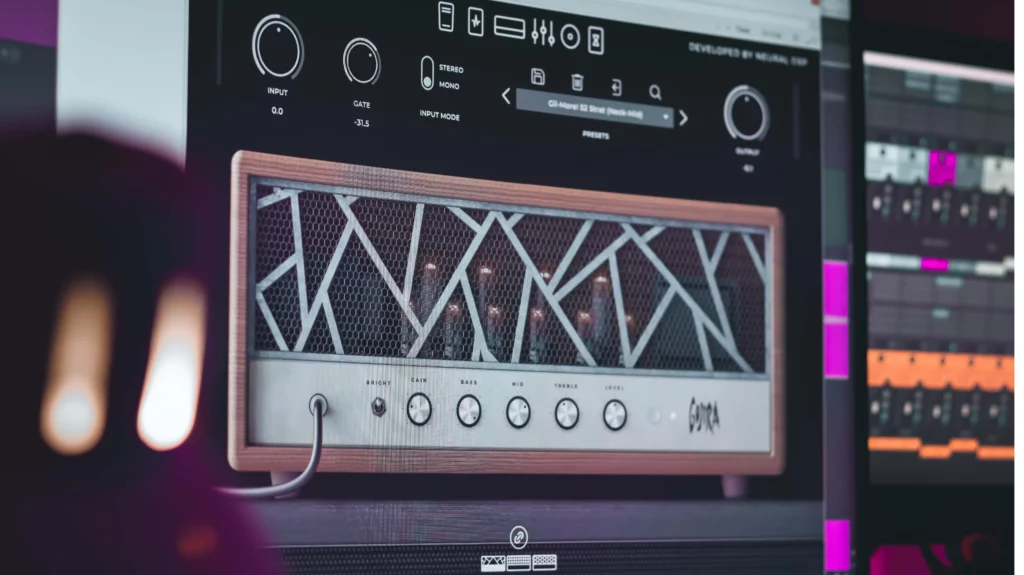
I used to record with traditional amp-and-mic setups, and during that time, my favorite mic was the Shure SM57—a classic for capturing great guitar tones.
However, the world of music production has evolved so much, and modern plugins have made things incredibly convenient. Nowadays, I rely mostly on plugins because they offer incredible flexibility, endless options, and a level of control that traditional setups can’t always match.
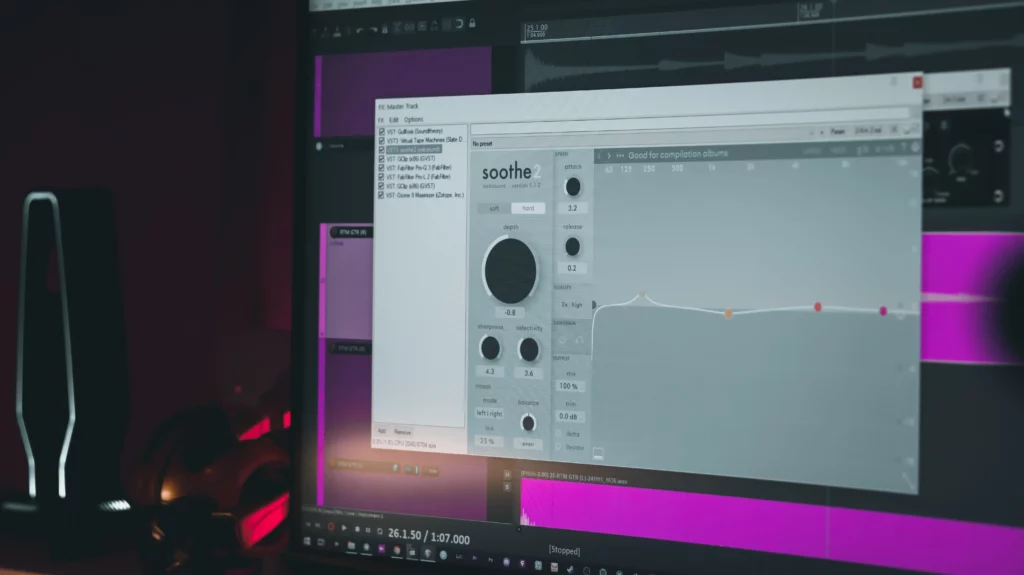
It’s hard to narrow it down because there are so many amazing plugins out there, but if I had to choose, these three are essential for me:
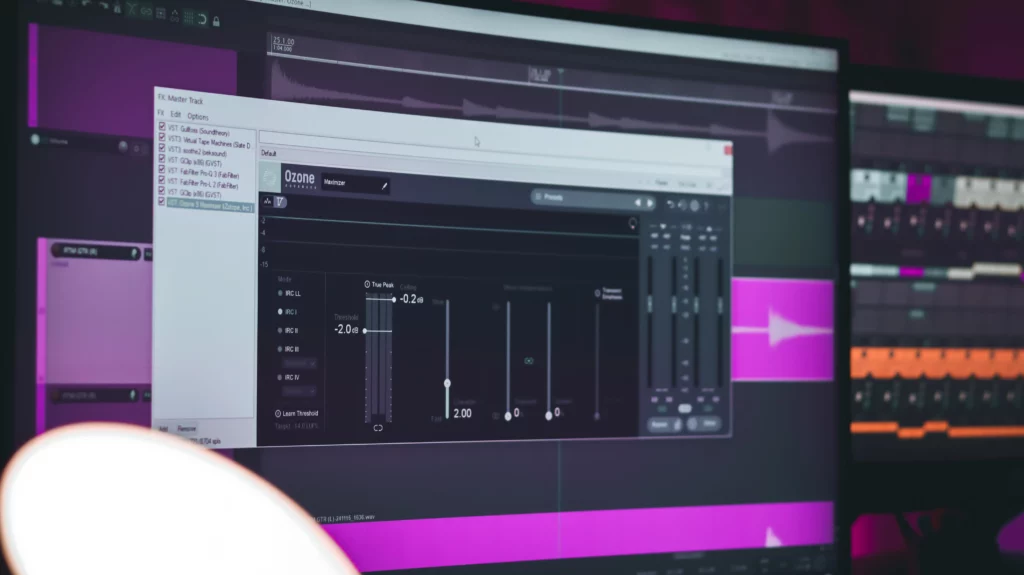
It really depends on the song and how complex it is. For simpler tracks, I can usually finish the composition in about 4-5 hours if I’m in the zone. However, when it comes to mixing, I like to take my time—even for less important projects, I’ll dedicate at least two days to ensure everything sounds perfect.
For bigger projects, I might spend weeks tweaking every detail because I believe every song deserves its moment to shine.
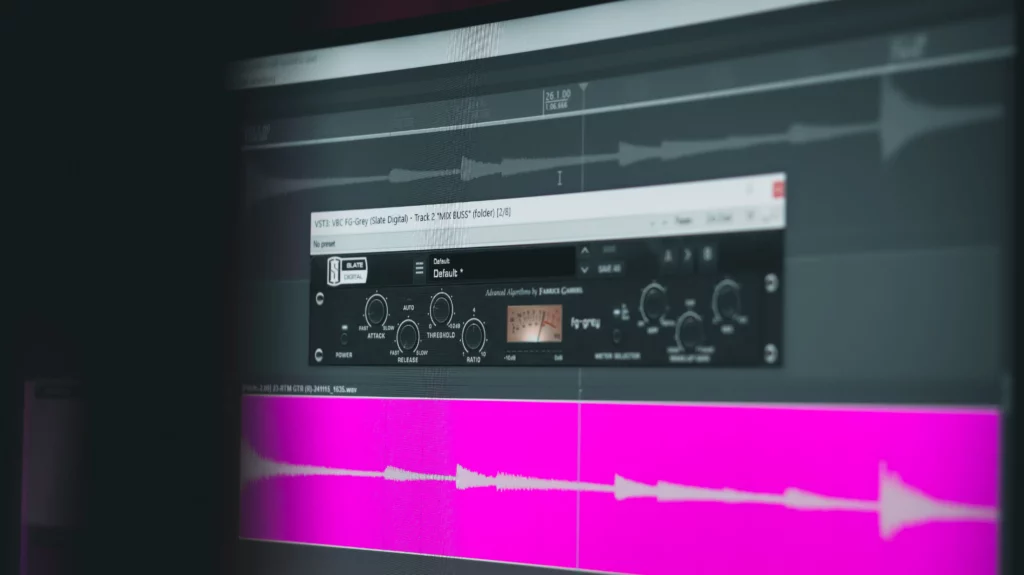
Mastering is one of my favorite parts of the production process because it’s where everything comes together. My go-to tools are:
These plugins are essential for achieving a polished and professional sound that translates well across all listening environments.
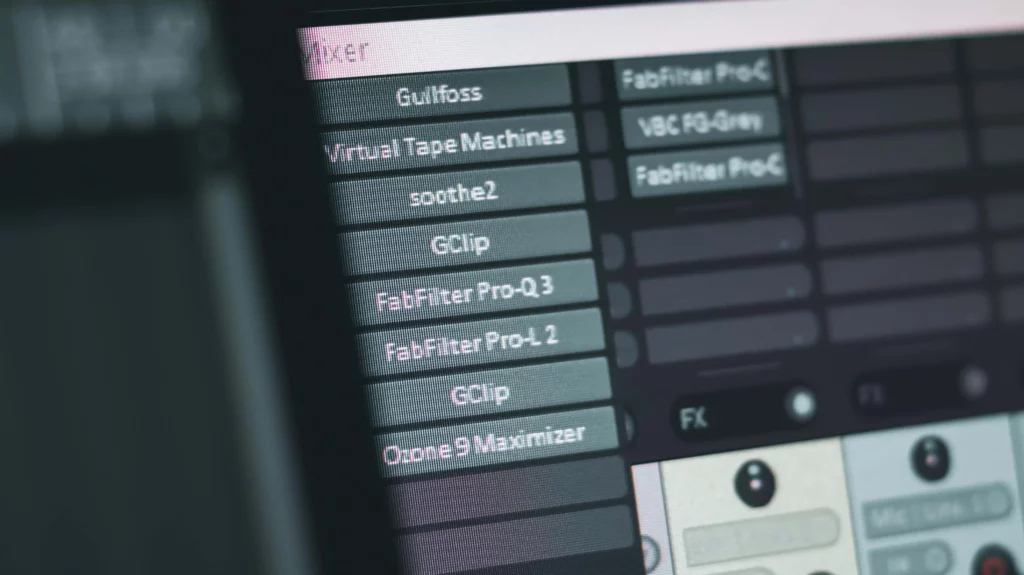
My biggest advice is don’t wait for the perfect moment to start. You don’t need fancy equipment or years of experience to begin—just start creating! The more you practice, the better you’ll become.
Don’t compare yourself to others; instead, focus on your own journey. Every artist starts somewhere, and with dedication, you’ll look back one day and be so proud that you didn’t give up.
My main goal is to release original music that reflects my style and passion. I’m also working on improving my video content to share even more with my audience. Stay tuned—new songs and exciting projects are coming your way in the next few months!
We want to extend a huge thank you to SHERVAN for sharing his incredible insights and creative workflow with us. His work as a metal guitarist-producer has inspired and delighted so many people, and his music and videos on Instagram continue to bring joy to his growing audience. Without a doubt, SHERVAN is a standout artist whose talent and dedication shine through in everything he does.
If you’d like to follow his journey and explore more of his content, be sure to check out his social media:
Stay tuned for the release of his music—it’s sure to be something special!
Subscribe to our newsletter to stay updated with the latest news from Hertz Instruments and enjoy a 10% discount on all products!
